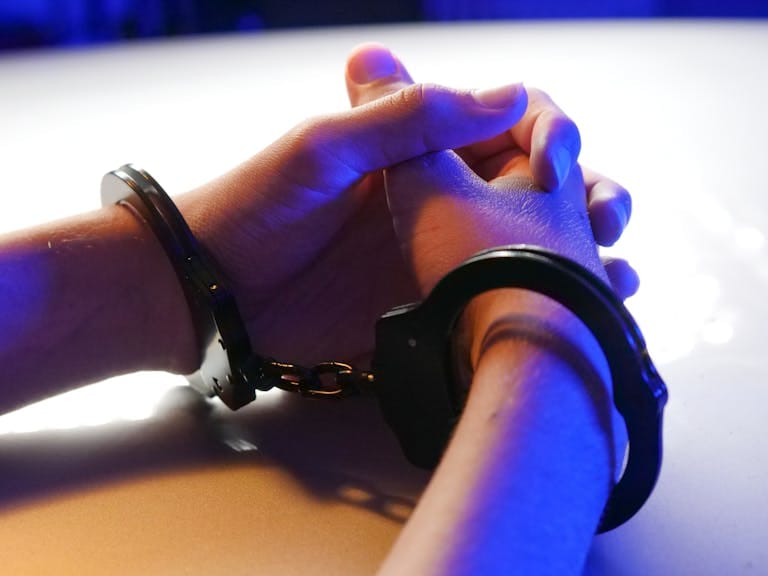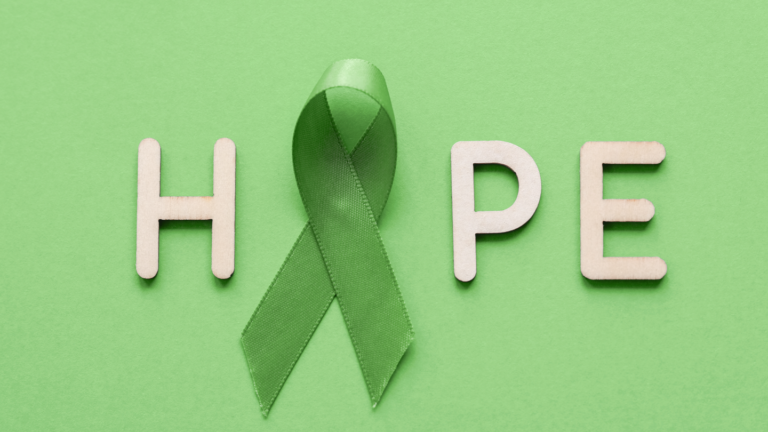Wednesday 14th of August, 2024
Victorian Legislative Council
RACHEL PAYNE (South-Eastern Metropolitan): I rise to make a contribution to the Youth Justice Bill 2024 on behalf of Legalise Cannabis Victoria. Despite some contentious elements, there has been significant stakeholder support for this bill. This bill follows extensive consultation and implements key recommendations of the Youth Justice Review and Strategy. There is a hope that these reforms will reduce offending, improve community safety and provide genuine opportunities for young people to turn their lives around. Indeed, the guiding youth justice principles in this bill put prevention, diversion, minimum intervention, partnership and family at the forefront of youth justice. This bill also makes principles specific to Aboriginal children and young people a small part of the broader reforms in this bill that address Yoorrook’s recommendation 36: to explicitly embed guiding principles specific to Aboriginal children and young people in all aspects of the youth justice system. But at the heart of this bill is raising the minimum age of criminal responsibility from 10 years of age to 12.
We were blindsided by this government’s 11th hour announcement that they were walking away from their commitment to raise the age of criminal responsibility to 14, and we will bring forward a number of amendments in this bill to toughen bail laws. Make no mistake: this was a reactive political decision made out of fear. We currently have one of the lowest ages of criminal responsibility in the world – there are 73 other countries that have set a minimum age of 14 or above – and this decision ignores the evidence. The Victorian Aboriginal Legal Service, the Human Rights Law Centre, Westjustice, Youthlaw, the Law Institute of Victoria, Humanists Victoria, the Federation of Community Legal Centres, the Australian Research Alliance for Children and Youth, the Centre for Multicultural Youth, the Australian Medical Association, the Royal Australasian College of Physicians, the Australian Indigenous Doctors Association and many others all support raising the age to 14. They acknowledge the medical evidence that children have not yet developed the social, emotional and intellectual maturity necessary for criminal responsibility. Children aged 12 and 13 are still developing cognitive function and things like impulsivity, reasoning and consequential thinking. Imprisoning children under 14 has been shown to have long-lasting impacts that make them more likely to reoffend.
This government has fallen victim to fearmongering. The reality is that the data from Crime Statistics Agency Victoria showed youth offender incidents have remained relatively stable when accounting for longer term population growth. Beyond this, the 2024 crime rate still remains lower than figures recorded before the pandemic began. We know from the work of the Sentencing Advisory Council that the earlier a child comes into contact with the justice system, the more likely they are to reoffend and enter the adult system. These statistics are significantly higher again for Aboriginal and Torres Strait Islander children. But this is not the first time this government has backflipped on youth justice and, quite frankly, we are really tired of it.
Earlier this year Deputy Premier Ben Carroll said to the Youth Parole Board that they had all they needed when speaking about the decision not to pursue electronic monitoring for youth offenders. Yet mere months later this government backflipped on their commitment to overhaul youth bail. Instead, they announced a two-year electronic monitoring trial for 14- to 18-year-olds charged with serious offences as part of their bail conditions. This $34.4 million program is not backed by evidence. In fact, this technology is prone to malfunctions and false alerts, and it stigmatises the wearer and worsens the already strained relationship between young offenders and the justice system.
This is a government of backflippers that will be remembered for putting politics over people. On the one hand this government recognises the importance of diverting young people out of the criminal justice system and of restorative justice. There are extensive diversionary measures in this bill to prevent formal contact with the criminal justice system and a hierarchy of options to respond to youth offending that prioritise a warning or a caution where possible. Diversions help reduce crime. They are a goal central to a rights-focused youth justice system under the UN Convention on the Rights of the Child. When it comes to restorative justice, this bill includes a new pre-charge group conferencing model as a process in which the child, together with family and professionals, meets with the victim or representative to discuss the impact of their offending and a tangible plan to take responsibility and make amends for their actions. It is about holding them to account. These programs have been shown to reduce offences and recidivism and rehabilitate young people, particularly young people in out-of-home care.
But on the other hand, this government broke their promises and blindsided us with changes to the bill that are clearly succumbing to the pressures to be tough on crime. I mean, personally this bill has really hit home for me because as a teenager I was navigating the world without a place to call home, and this left me in a vulnerable and unstable position – likely not such a different position to a large proportion of the children currently in contact with the youth justice system. The reality was I was just trying to survive. I was disconnected from my community and I felt unsupported. I definitely made some poor choices during that time of my life and did things that could have very well seen me end up entering the youth justice system. But I have come full circle from being what would be considered a troubled youth to helping shape our youth justice laws in Victoria.
Just a little bit more on some of the young people who are interacting with the youth justice system: the Victorian Auditor-General’s Office reported in August 2018 that young people in detention are some of the most disadvantaged in our state. Many have experienced socio-economic disadvantage, family breakdown and drug abuse. Trauma experienced by young people can harm their brain development and impair cognitive growth, creating long-lasting problems. These are some of the most vulnerable in our community, and this approach at least is a step in the right direction towards providing restorative support and justice for young people who do just need a bit of support around them and do need to be provided that.
Previously the Youth Parole Board reported that many of these young people had complex needs. It found that 71 per cent were victims of abuse, trauma and neglect; 26 per cent had intellectual impairments; 40 per cent had mental health problems; 32 per cent were subject to a past child protection order and 18 per cent were subject to a current order; and 11 per cent accessed disability services compared with 7 per cent in the equivalent cohort not in contact with justice system. These are the most vulnerable in our community, and it is our shame to not be there representing them to make sure that they have that support network around them, that they are in contact with the people who can provide that support for them and who understand what their needs are. Young people can be helped to make good decisions through access to education and a safe and stable home environment. This is why justice reinvestment and preventative measures that get young people on pathways away from the criminal justice system before they enter it are so important. When a young person is failed by those meant to protect them, it is left to the rest of us to guide them in the right direction.
Legalise Cannabis Victoria will be moving amendments to ensure that the Youth Parole Board is bound by the rules of natural justice. I would like to circulate those amendments now please.
Amendments circulated pursuant to standing orders.
Clause 606(2) of this bill provides that the Youth Parole Board is not bound by the rules of this fundamental part of the justice system when exercising its functions. The doctrine of natural justice lies in unbiased adjudication, knowledge of the case against a person, the provision of reasons for an adverse decision and the right to a review of a decision. The government must adhere to this fundamental part of the justice system, particularly in the context of decisions by the parole board that directly affect the right to liberty. The continued exclusion of natural justice undermines the integrity of decision-making processes and public confidence in the system. This government has said that the removal of the exclusion would make parole processes more adversarial. I think the exact opposite is true. The existing exemption risks decisions being unfair, inconsistent and influenced by irrelevant factors. According to the explanatory memorandum and conversations we had with the government, this exclusion in part exists to allow the board to make timely and efficient decisions. This Orwellian justification is inconsistent with what we have been told by stakeholders who have sat on these boards before. If timeliness is a concern, perhaps hire and train more staff. Do not deny young people and children the right to natural justice. We believe the board should be bound by natural justice and this provision removed.
We share many of the concerns raised by stakeholders we have engaged with when considering this bill, and with this in mind we will be supporting the Greens’ amendments, who we commend for bringing forward this wide range of amendments that will improve this bill. We want to better regulate new police powers to transport, detain, use force on and search children aged 10 and 11. We do not want children in adult prisons. We want bail reforms; we want the age of criminal responsibility raised to 14 and we do not want electronic monitoring. But more than anything what we want is a government that works for people and not for politics. This is not the government that we are seeing today.





